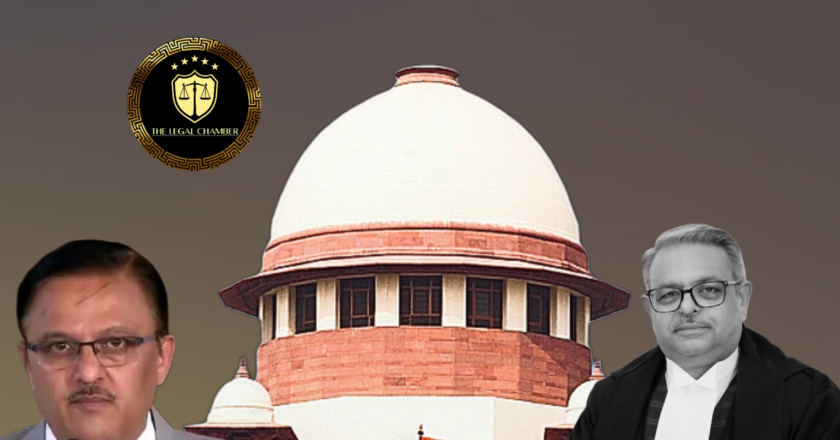Grounds for Arrest: The Supreme Court’s Latest Verdict on Constitutional Safeguards
The Supreme Court addressed the legality of arrest and compliance with constitutional mandates under Article 22, specifically concerning the prompt furnishing of grounds for arrest. The judgment deliberated on the application of the Bharatiya Nagarik Suraksha Sanhita (BNSS) and the Prevention of Corruption Act, affirming adherence to due process in arrest procedures.
Facts Of The Case:
This appeal originated from a writ petition filed before the High Court of Andhra Pradesh, seeking a writ of habeas corpus on the grounds of alleged illegal arrest and unlawful detention of Kessireddy Raja Shekhar Reddy, the appellant's son. He was arrested by the CID in connection with offenses purportedly committed under the Indian Penal Code and the Prevention of Corruption Act. The core contention in t...






